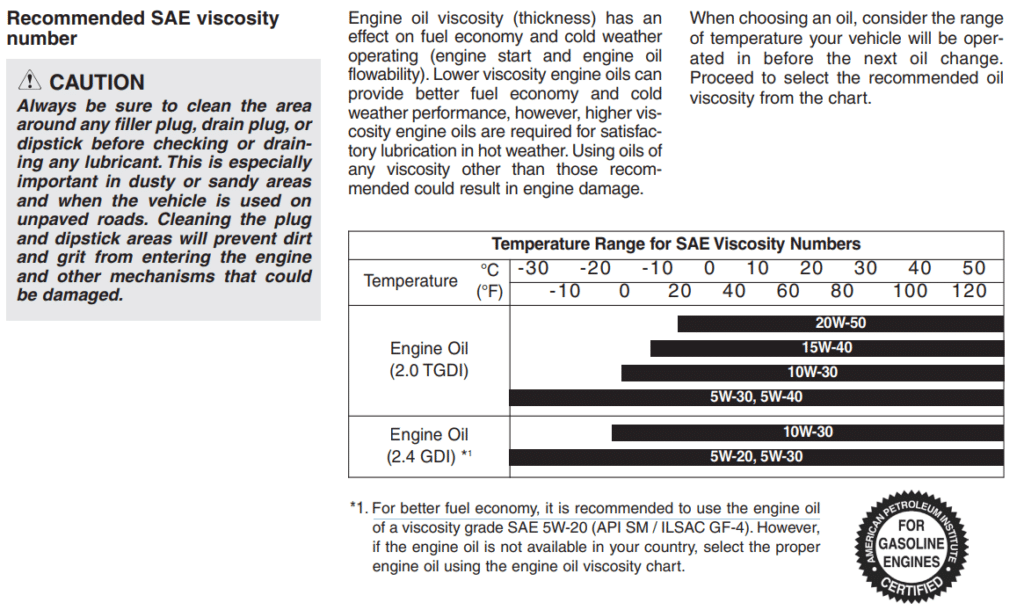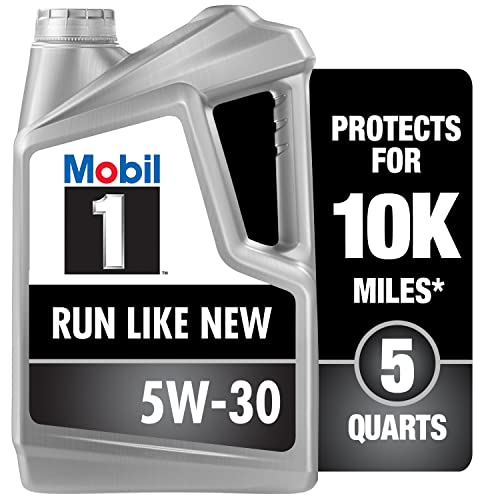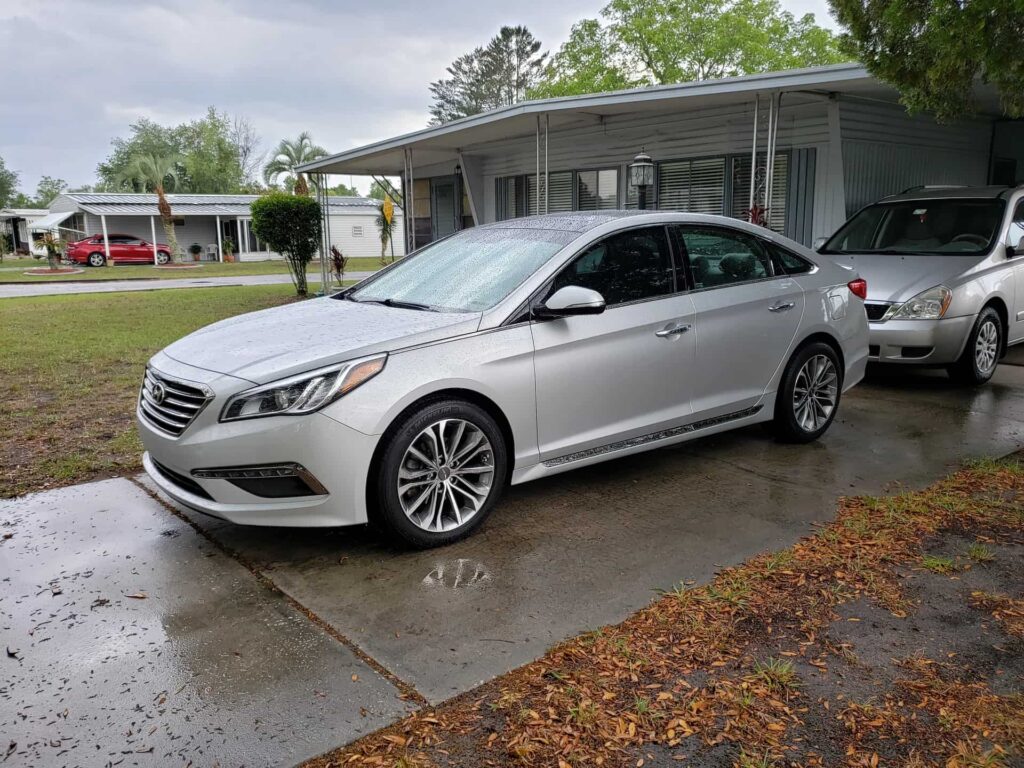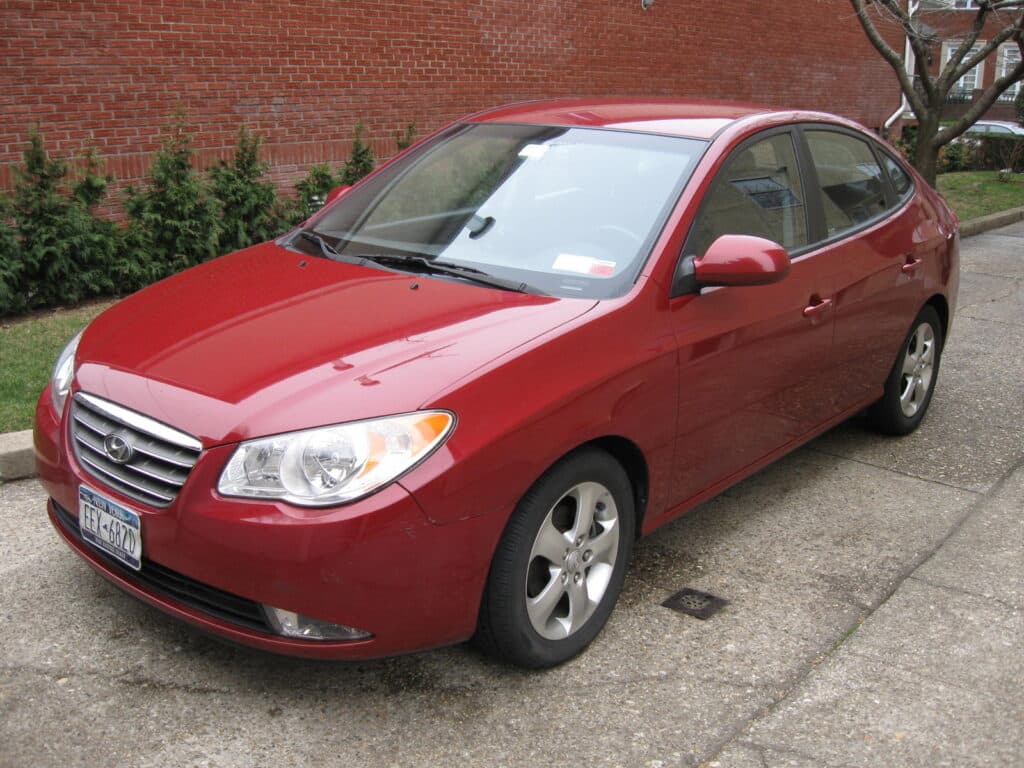Using the proper engine oil is vital for ensuring optimal performance and longevity of your 2014 Hyundai Sonata. Engine oil serves as the engine’s lifeblood, providing lubrication, cooling, and protection against wear and tear. This article aims to provide essential information on the recommended oil types for the 2014 Sonata, helping you make informed choices and maintain your vehicle’s engine in top condition.
Following the manufacturer’s recommendations regarding oil viscosity and specifications, you can optimize your Sonata’s engine’s performance, fuel efficiency, and durability. Neglecting to use the recommended oil types may result in reduced performance, decreased fuel economy, and potential engine damage.
Let’s delve into the details of the recommended oil types for the 2014 Hyundai Sonata and how they contribute to its optimal performance and longevity.

What Kind Of Oil Does A 2014 Hyundai Sonata Take?
The 2014 Hyundai Sonata comes equipped with different engine options, including the 2.4 GDI and 2.0 TGDI engines. Each engine has specific recommendations for oil viscosity grades to ensure optimal performance and fuel economy.
For the 2.4 GDI engine, the recommended oil viscosity grades are 5W-20, 5W-30, and 10W-30. Among these, the SAE 5W-20 viscosity grade is especially recommended for better fuel economy. It meets the API SM / ILSAC GF-4 specifications, indicating its suitability for the Sonata’s engine.
The 2.0 TGDI engine, on the other hand, has a broader range of recommended oil viscosity grades. These include 5W-30, 5W-40, and 10W-30. Choosing the appropriate viscosity grade from this range ensures proper lubrication and engine protection.

It’s important to note that viscosity refers to the thickness or flowability of the oil. Lower viscosity oils, such as SAE 5W-20 and 5W-30, provide better fuel economy and perform well in cold weather conditions, allowing easy engine start and oil flowability. On the other hand, higher viscosity oils like 10W-30 are necessary for satisfactory lubrication in hot weather, ensuring proper engine protection.
By using the recommended viscosity grade for your Sonata’s engine, you can optimize fuel economy, ensure smooth engine operation, and extend the lifespan of critical engine components. Consider the temperature range in which your vehicle will be operated before selecting the appropriate oil viscosity grade for the next oil change.
How Much Oil Does A 2014 Hyundai Sonata Take?
The engine oil capacity for both the 2.4 GDI and 2.0 TGDI engines in the 2014 Hyundai Sonata is 5.28 US qt. (5.0 liters). It is crucial to maintain the proper oil level within the recommended capacity for optimal engine performance and longevity.
Maintaining the correct oil level is essential because it ensures that all critical engine components receive sufficient lubrication. Insufficient oil levels can lead to increased friction, heat buildup, and accelerated wear on engine parts. On the other hand, overfilling the engine with oil can cause excessive pressure, which can lead to leaks, foaming, and reduced oil circulation.
To ensure the proper oil level, it is advisable to check the oil regularly using the dipstick and top up if necessary. When adding oil, it’s important to add it gradually and check the level to avoid overfilling. Following the manufacturer’s guidelines for the recommended oil capacity helps maintain the integrity of the engine and contributes to its optimal performance and longevity.
Remember to consult the owner’s manual or seek professional guidance if you are uncertain about the specific oil capacity or maintenance procedures for your 2014 Hyundai Sonata.
Service Interval
Regular oil changes are vital for maintaining the health of your 2014 Hyundai Sonata’s engine. The recommended service interval for oil changes in the Sonata is typically every 7,500 miles or 12 months, whichever comes first. However, it’s important to consider several factors that can influence the frequency of oil changes.
- Driving Conditions: If you frequently drive in severe conditions such as extreme temperatures, dusty environments, or stop-and-go traffic, it is advisable to change the oil more frequently. These conditions can accelerate oil degradation and increase engine stress, necessitating more frequent oil changes.
- Driving Habits: Aggressive driving, frequent short trips, and towing heavy loads can place additional strain on the engine. Such driving habits can lead to increased engine heat and contamination of the oil, requiring more frequent oil changes.
- Oil Type: The type of oil used in your Sonata can also impact the service interval. Synthetic oils generally offer better performance and longevity, allowing longer intervals between changes than conventional oils.
To determine the ideal frequency of oil changes for your Sonata, it is best to consider a combination of these factors and follow the manufacturer’s recommendations.
Best Motor Oil For The 2014 Hyundai Sonata
When selecting the best motor oil for your 2014 Hyundai Sonata, it’s essential to follow the manufacturer’s recommendations outlined in the owner’s manual. For the 2.4 GDI engine, the recommended oil viscosity grades are 5W-20, 5W-30, and 10W-30. For the 2.0 TGDI engine, the recommended viscosity grades are 5W-30, 5W-40, and 10W-30.
Here are a few options of high-quality motor oils that meet the specifications for the 2014 Sonata:
- Mobil 1 Full Synthetic Motor Oil: This oil is known for its excellent performance and protection. Mobil 1 offers various viscosity grades, such as 5W-20 and 5W-30, suitable for the Sonata.
- Castrol EDGE Full Synthetic Motor Oil: Castrol EDGE is a well-known brand that provides exceptional protection against engine wear. It offers viscosity grades like 5W-20 and 5W-30, meeting the Sonata’s requirements.
- Valvoline Full Synthetic Motor Oil: Valvoline offers full synthetic motor oils with viscosity grades suitable for the Sonata, such as 5W-20 and 5W-30. Their oils provide excellent engine protection and cleanliness.
- Mobil 1 advanced full-synthetic motor oil 5W-30 utilizes Mobil 1’s signature Triple Action Formula to deliver outstanding engine performance, protection, and cleanliness.
- Helps protect critical engine parts for up to 10,000 miles between oil changes,* controlling oxidation to prevent oil breakdown and maintaining excellent viscosity
- Meets ILSAC GF-6 standards to help provide low-speed pre-ignition (LSPI) and timing chain wear protection while keeping your engine clean and helping to improve your fuel economy
- Mobil 1 is specially formulated to help remove sludge and lower engine temperatures
- 3X Stronger than the leading full synthetic*
- 10X Better high stress performance**
- 20,000 miles between oil changes***
- Viscosity breakdown as measured in Kurt Orbahn test on 5W-30 grade
- MaxLife Technology prevents engine breakdown with 40% better wear protection than the industry standard
- Includes seal conditioners to reduce oil consumption and oil leaks in high mileage engines.
- Added detergents reduce sludge, corrosion, rust and deposits to help keep motors clean inside and ensure a smooth-running engine.
- Advanced friction-fighting additives help maximize performance and improve fuel efficiency.
- Full synthetic 5W-30 motor oil provides strong engine performance and protection against deposits between oil changes
- Ideal for use in modern turbocharged engines and high-performance vehicles like sports cars, SUVs, trucks, and minivans
- Designed to deliver more power and less friction, reducing friction to maximize horsepower (compared to Quaker State motor oil)
- Provides improved fuel economy (based on the latest industry standard)
How to Check the Engine Oil Level
Regularly checking the engine oil level is crucial for maintaining the proper oil level in your 2014 Hyundai Sonata. Here’s a step-by-step guide on how to check the oil level:
- Park your Sonata on a level surface and ensure that the engine is turned off.
- Open the hood and locate the engine oil dipstick. It is usually marked with a bright-colored handle.
- Pull the dipstick out of the engine and wipe it clean using a lint-free cloth or paper towel.
- Reinsert the dipstick all the way back into its tube.
- Now, pull the dipstick out again and observe the oil level. The dipstick usually has markings indicating the acceptable oil level range.
- If the oil level is between the low and high marks, it is within the acceptable range. If it is below the low mark, it’s time to add oil.
Tips for maintaining the proper oil level and preventing engine damage:
- Check the oil level regularly, at least once a month or before long trips, to ensure it remains within the acceptable range.
- The oil level may indicate a leak or excessive oil consumption if the oil level is consistently low. In such cases, it is advisable to have your vehicle inspected by a certified mechanic.
- Use the recommended oil type and viscosity grade specified in the owner’s manual for optimal performance and longevity.
- Avoid overfilling the engine with oil, as it can lead to various issues such as engine damage, reduced fuel economy, and increased emissions.
- If you need to add oil, do so gradually and recheck the level to avoid overfilling.
- Dispose of used oil properly by taking it to a recycling center or an authorized oil disposal facility.
Importance of Using the Recommended Oil
Using the recommended oil with the correct viscosity grade is crucial for maintaining the optimal performance, fuel economy, and overall health of your 2014 Hyundai Sonata’s engine. Here’s why:
- Engine Performance: The viscosity grade specified by the manufacturer is carefully chosen to provide the ideal lubrication and flow properties for the engine’s components. Using oil with an incorrect viscosity grade can result in inadequate lubrication, leading to increased friction, excessive wear, and reduced engine performance. It may also affect the engine’s ability to start smoothly, especially in cold weather conditions.
- Fuel Economy: The recommended oil viscosity grade is designed to minimize internal engine friction, directly impacting fuel efficiency. Using the wrong viscosity oil can increase friction and resistance, resulting in decreased fuel economy and higher fuel consumption. Using the recommended oil can help maximize your Sonata’s fuel efficiency and reduce overall operating costs.
- Engine Health and Longevity: Oil plays a crucial role in protecting the engine against wear, corrosion, and heat. Using oil with an incorrect viscosity grade may compromise its ability to properly lubricate engine components, potentially leading to increased wear and accelerated engine damage. Over time, this can result in costly repairs and decreased engine lifespan.
- Manufacturer Specifications: Hyundai carefully determines the recommended oil viscosity grade based on extensive testing and engineering. Deviating from these specifications may void the vehicle’s warranty and could potentially result in damage that is not covered by the warranty.
To ensure the best performance, fuel efficiency, and longevity of your Sonata’s engine, it is essential to use the recommended oil viscosity grade as specified in the owner’s manual. By following the manufacturer’s guidelines, you can protect your engine, maintain its efficiency, and enjoy a smooth and reliable driving experience for years to come.
Last update on 2026-01-30 / Affiliate links / Images from Amazon Product Advertising API














